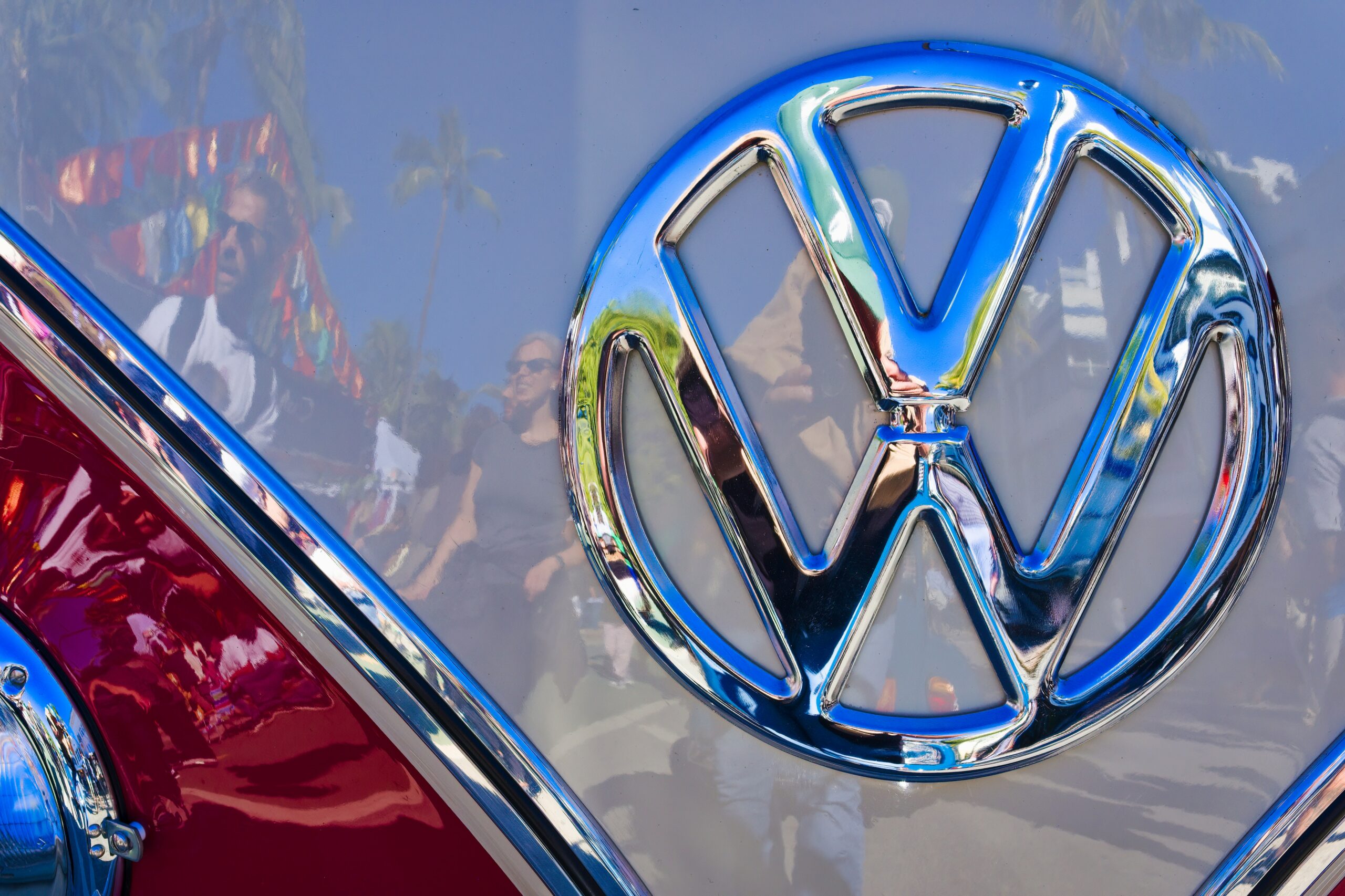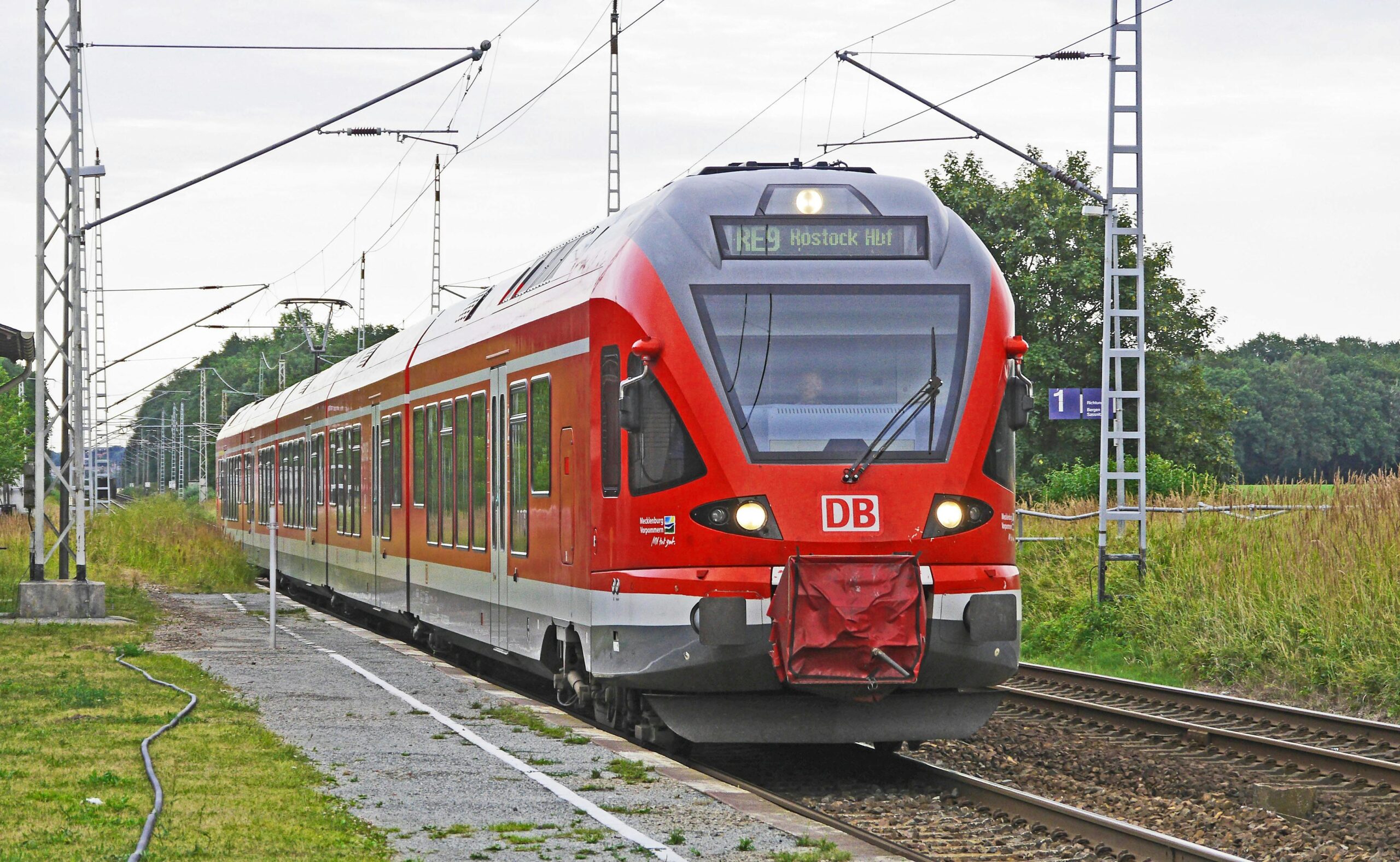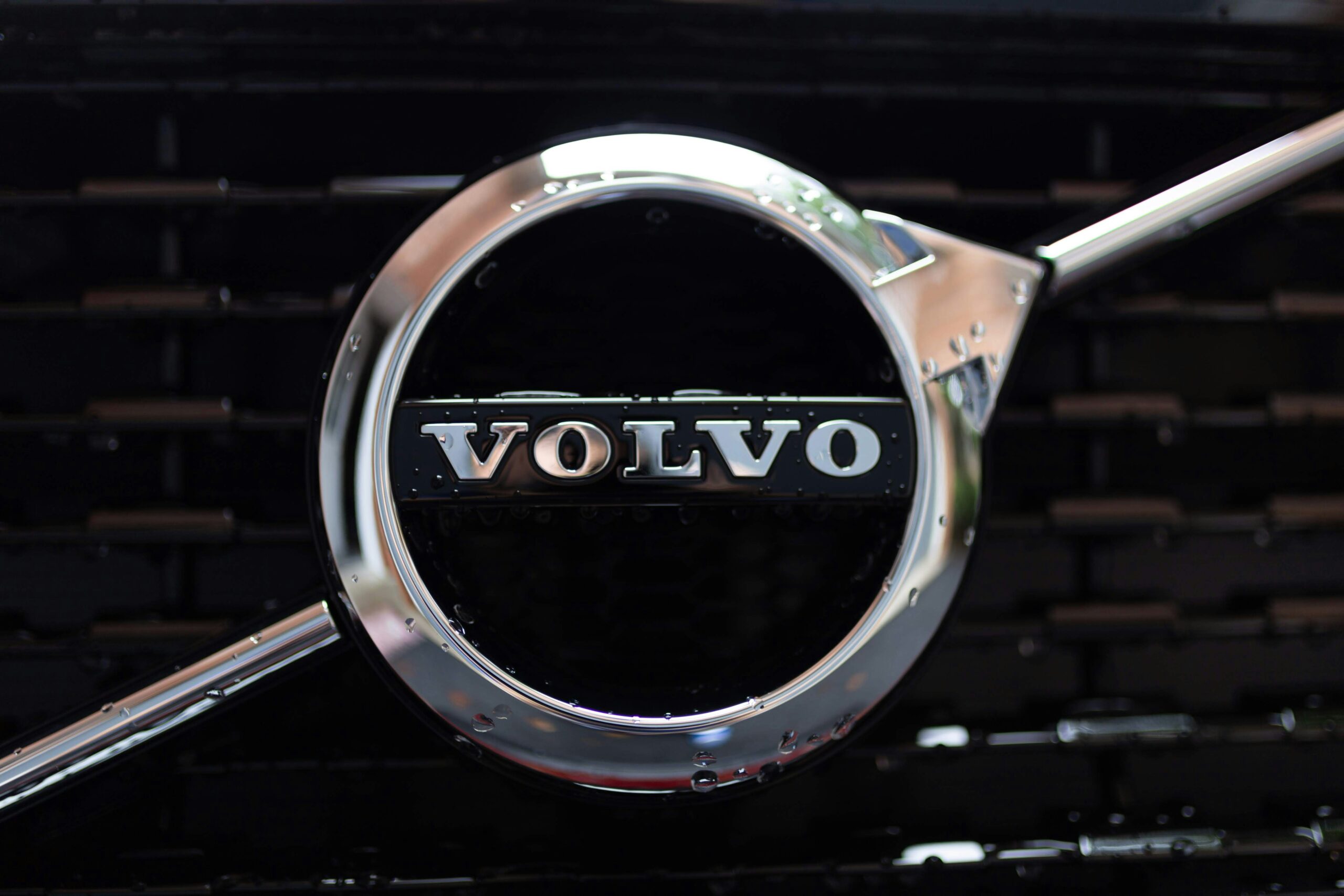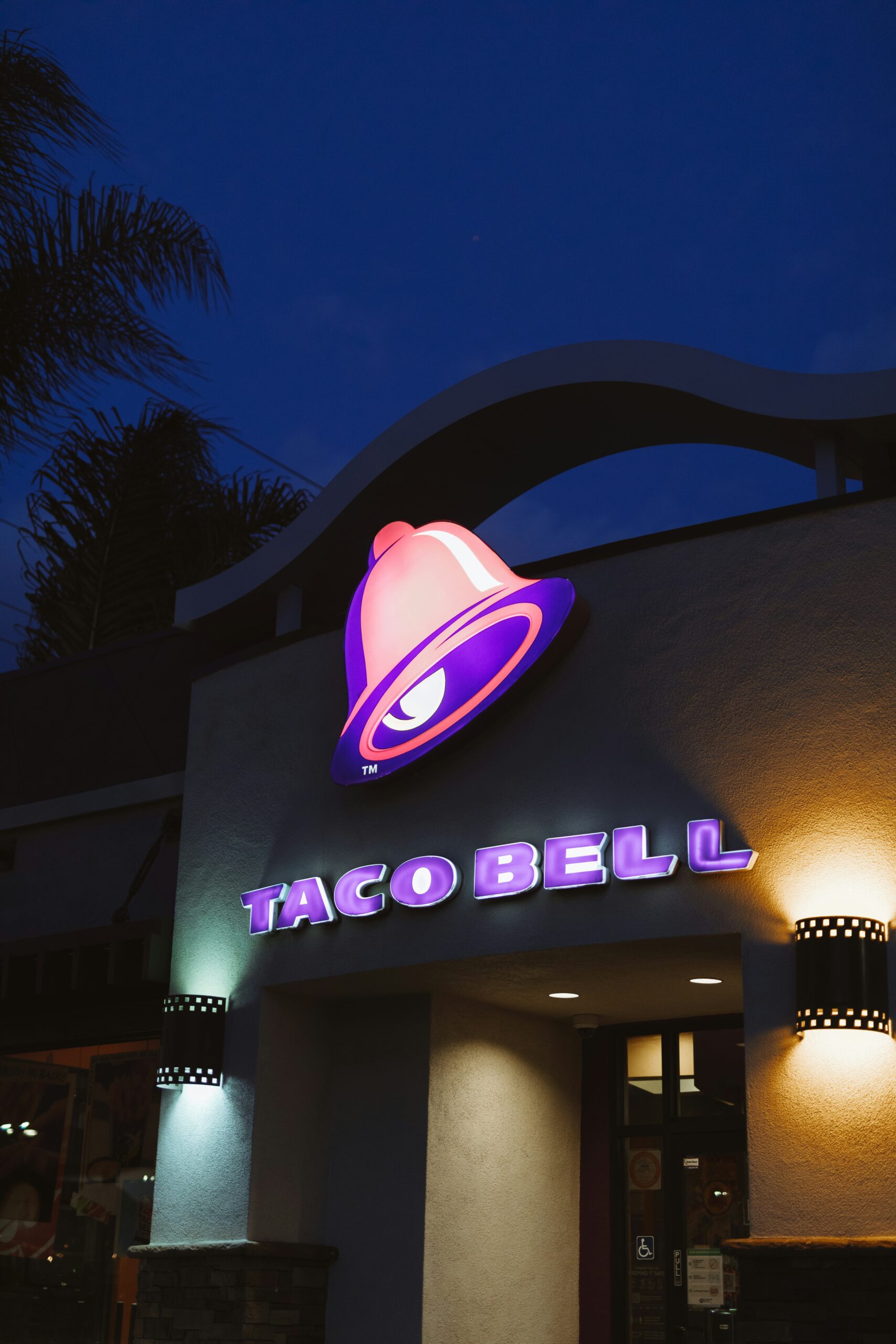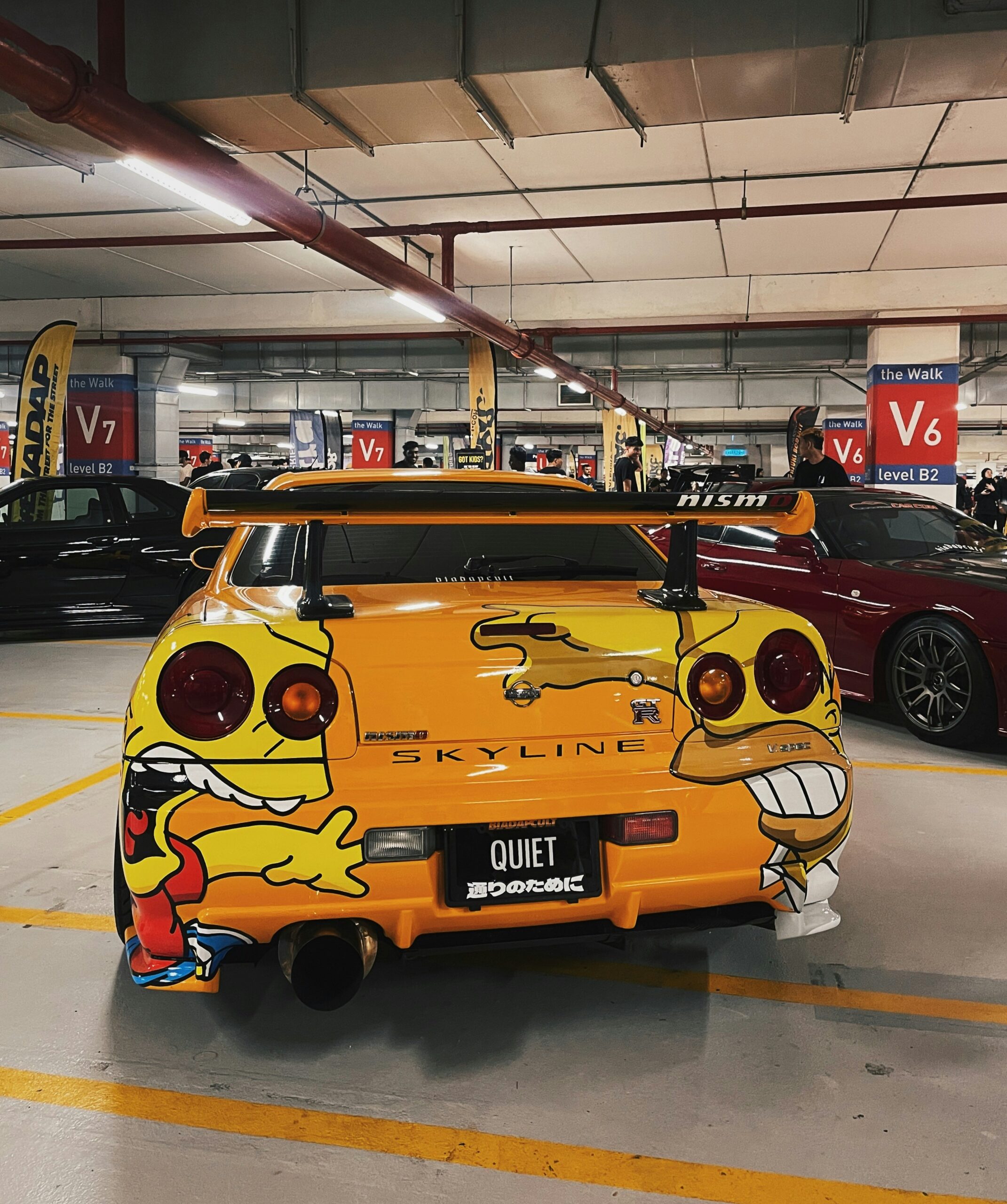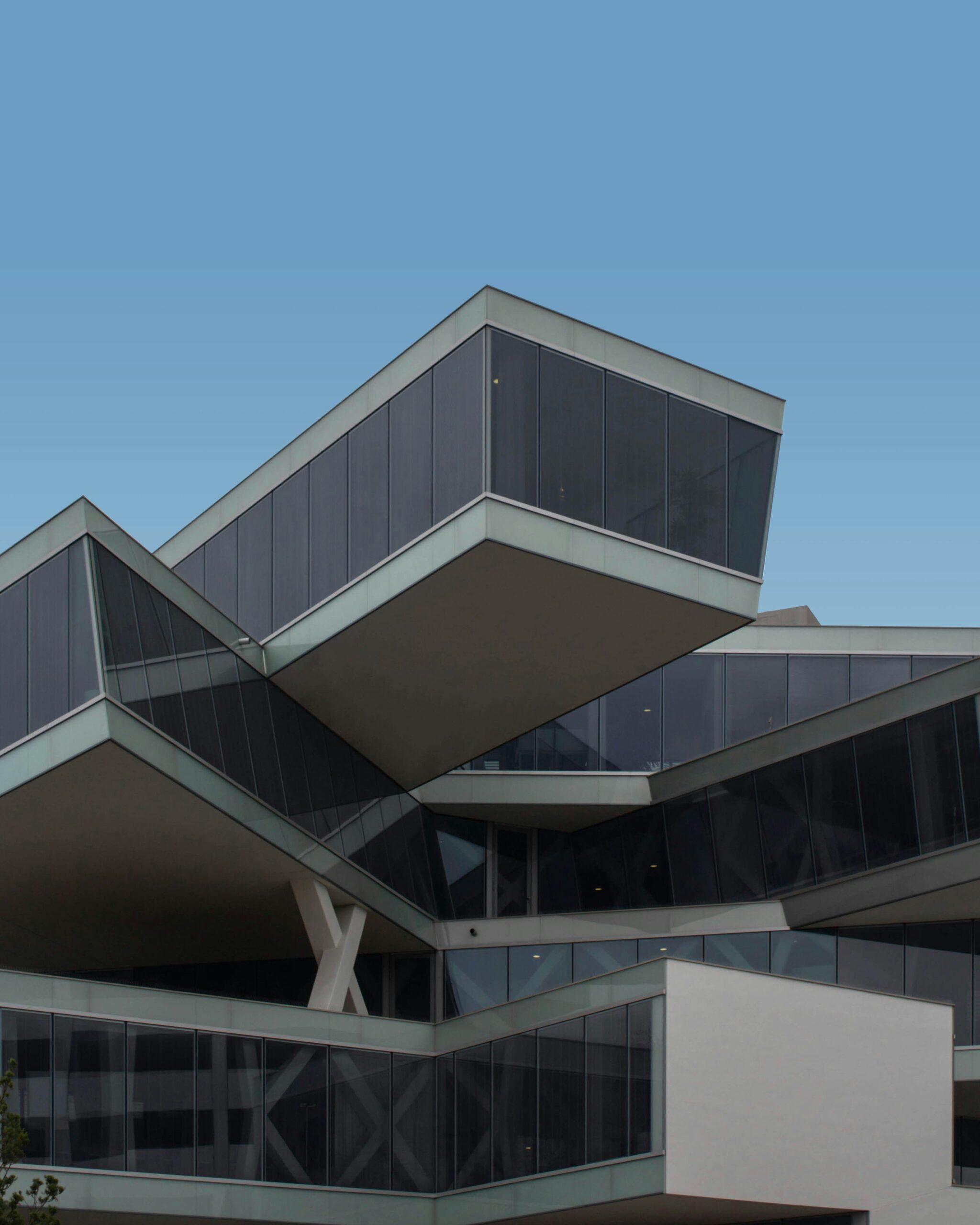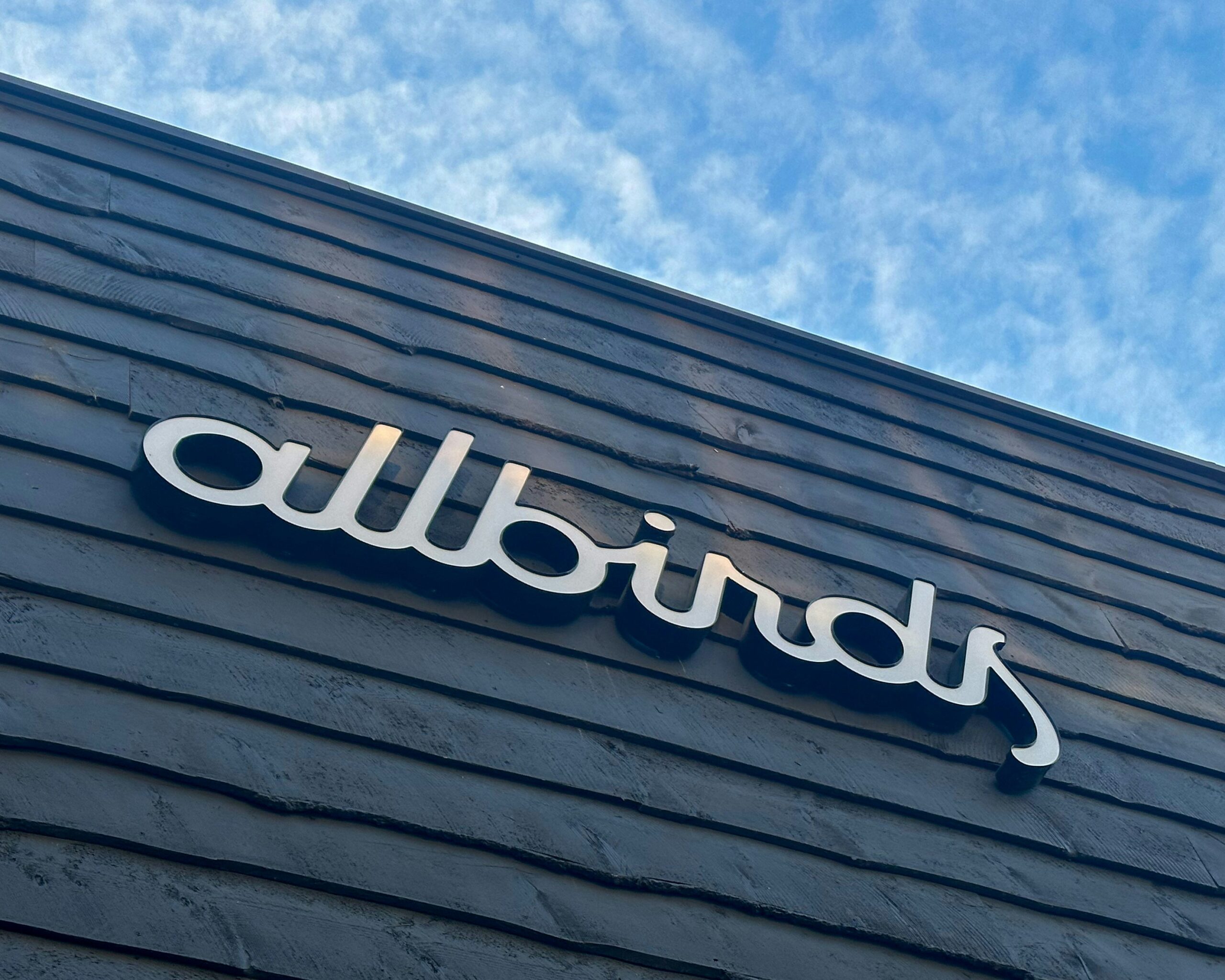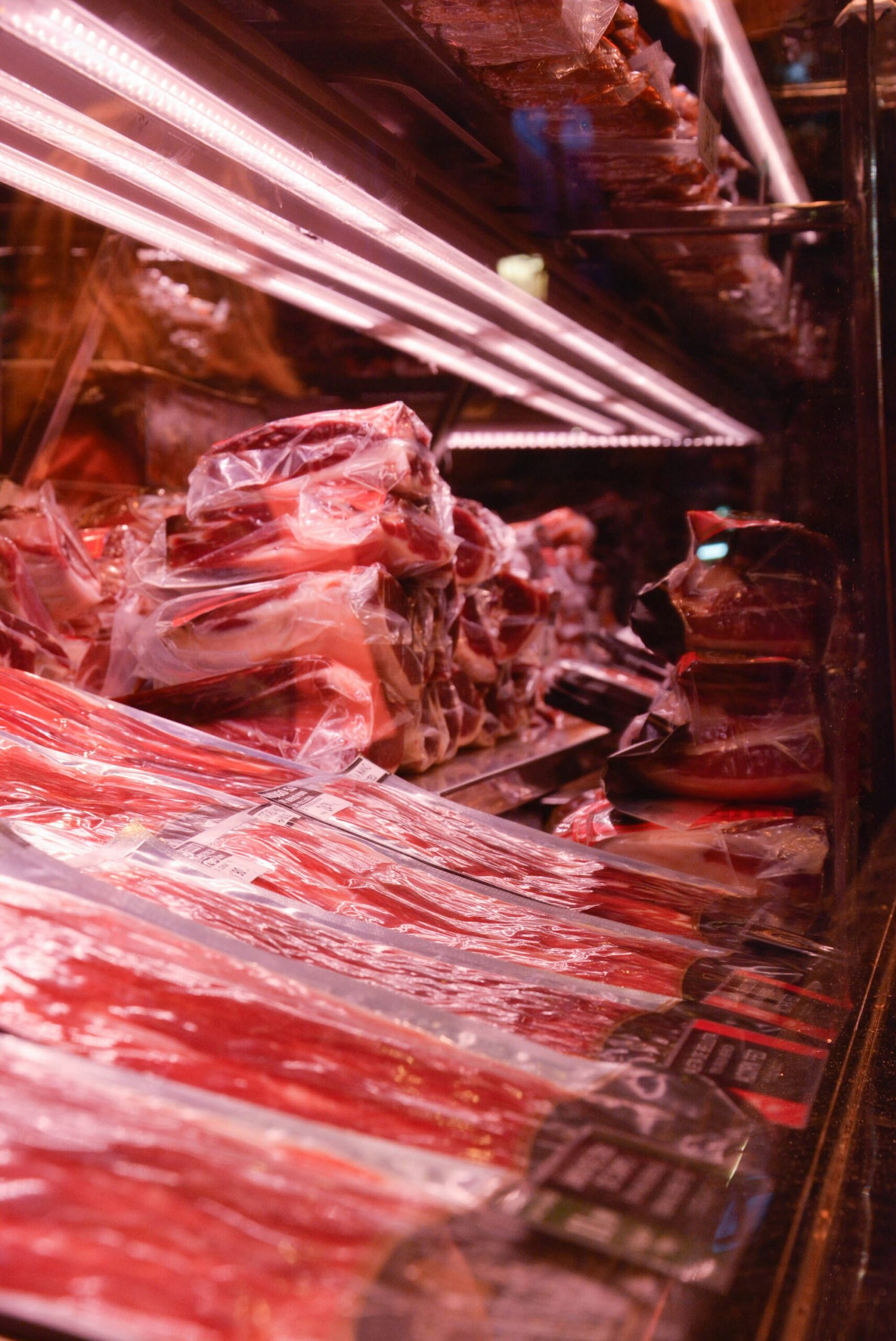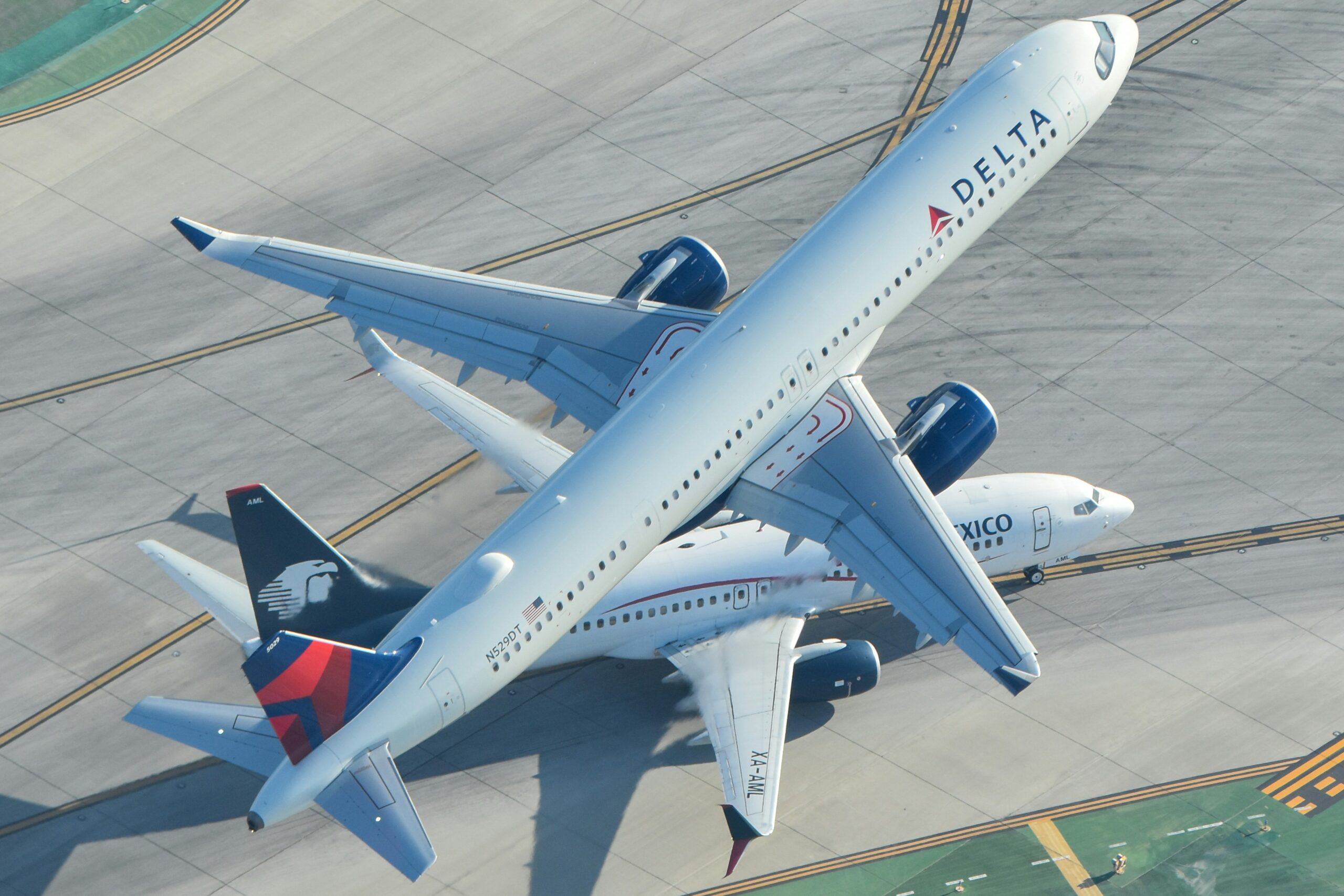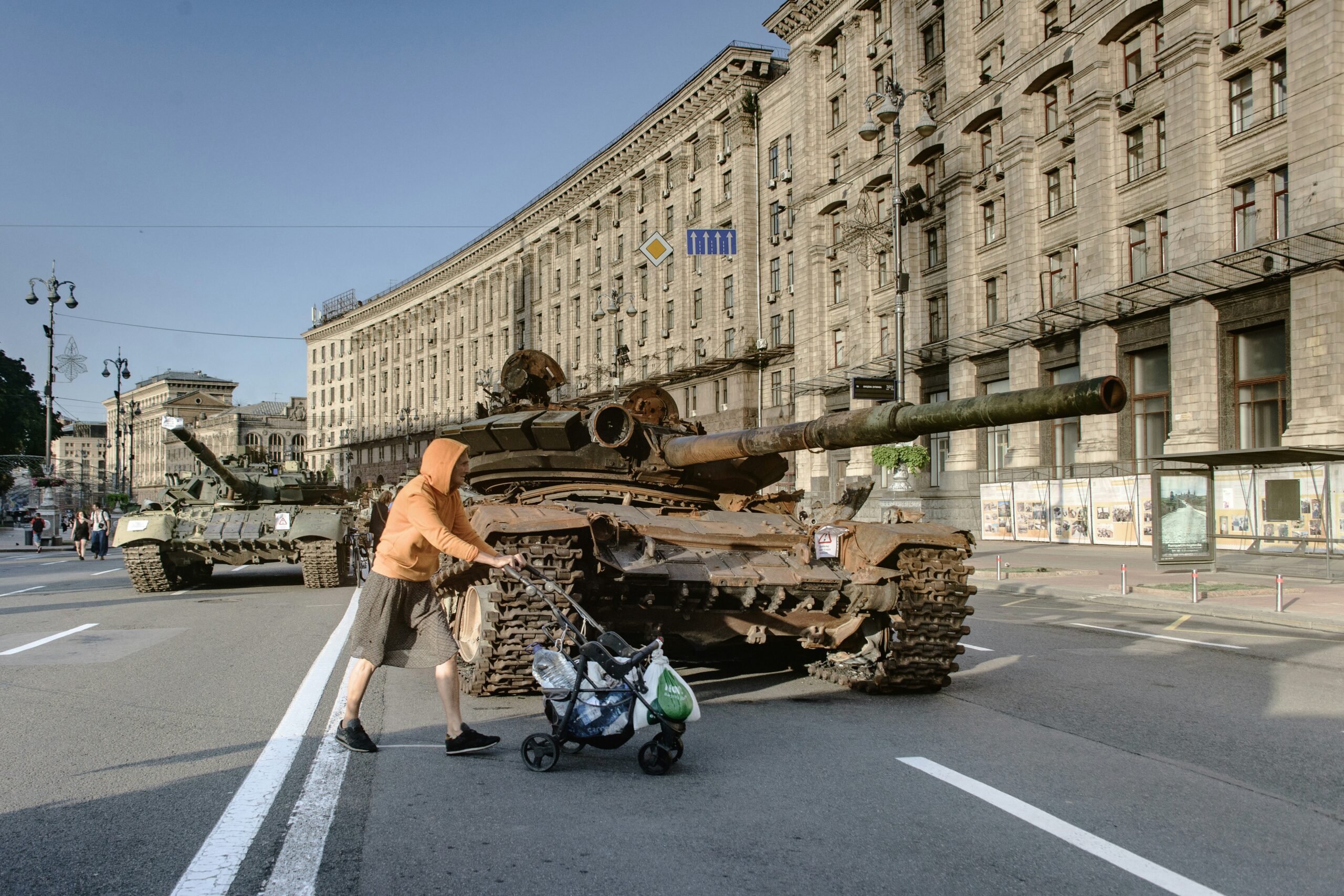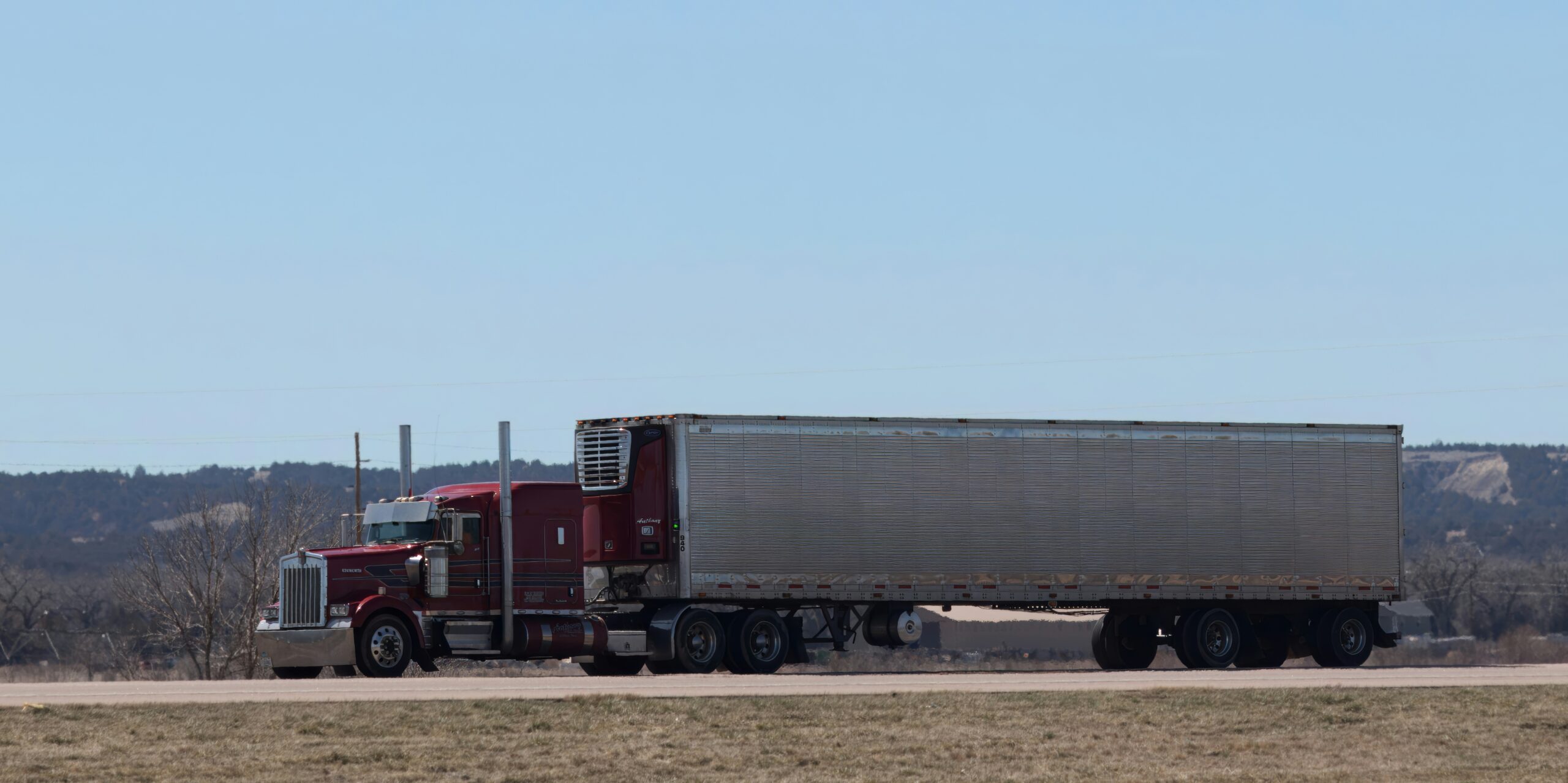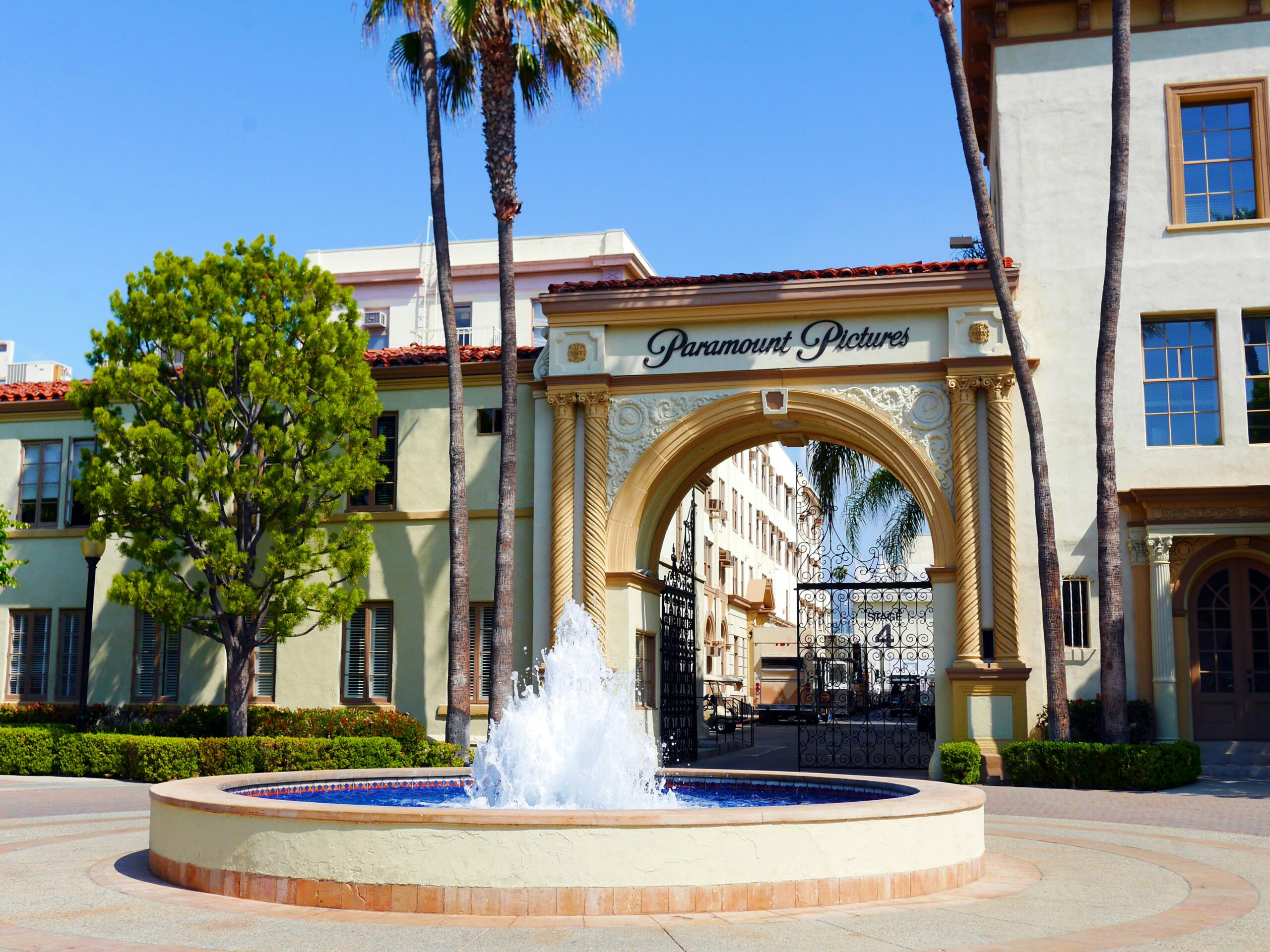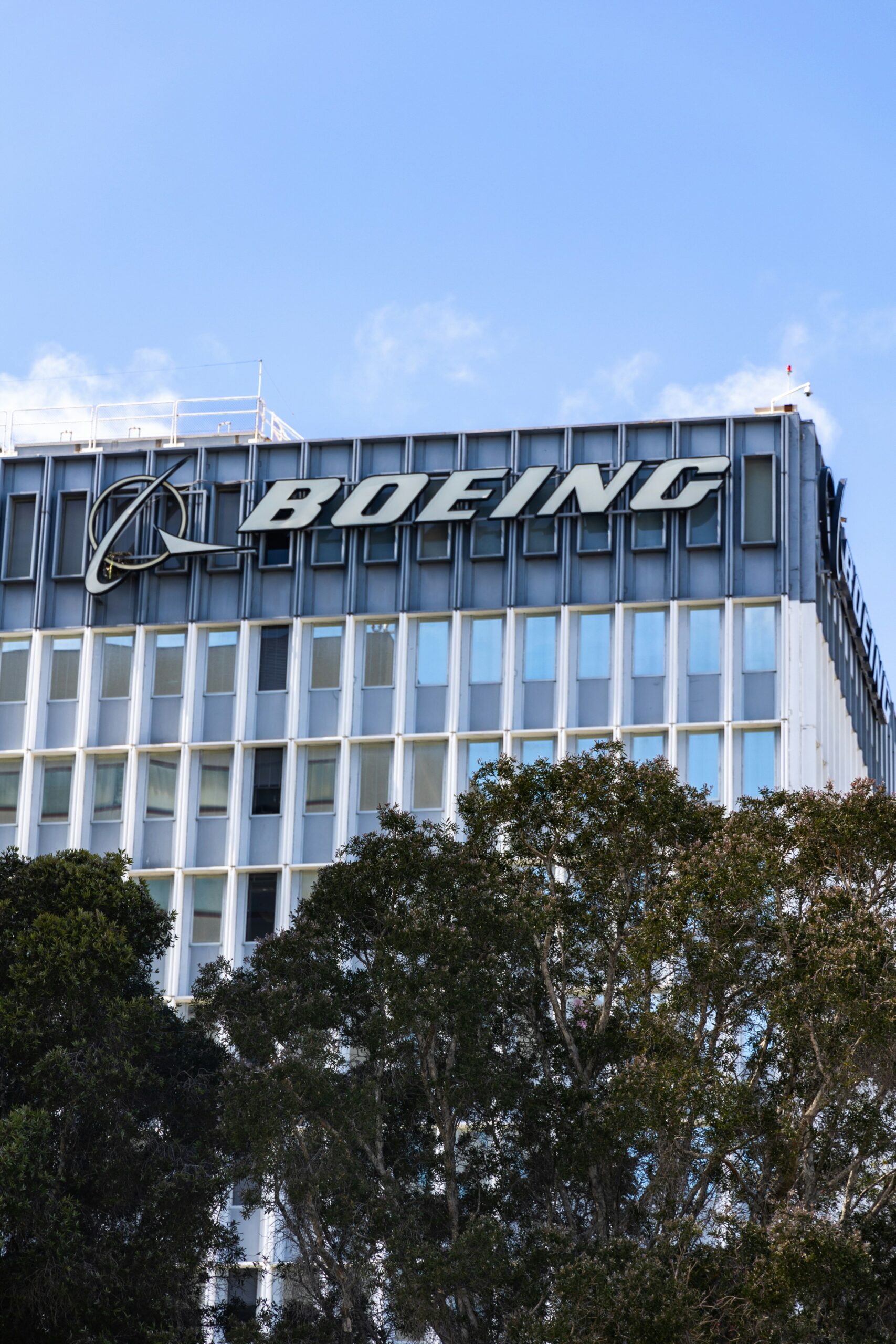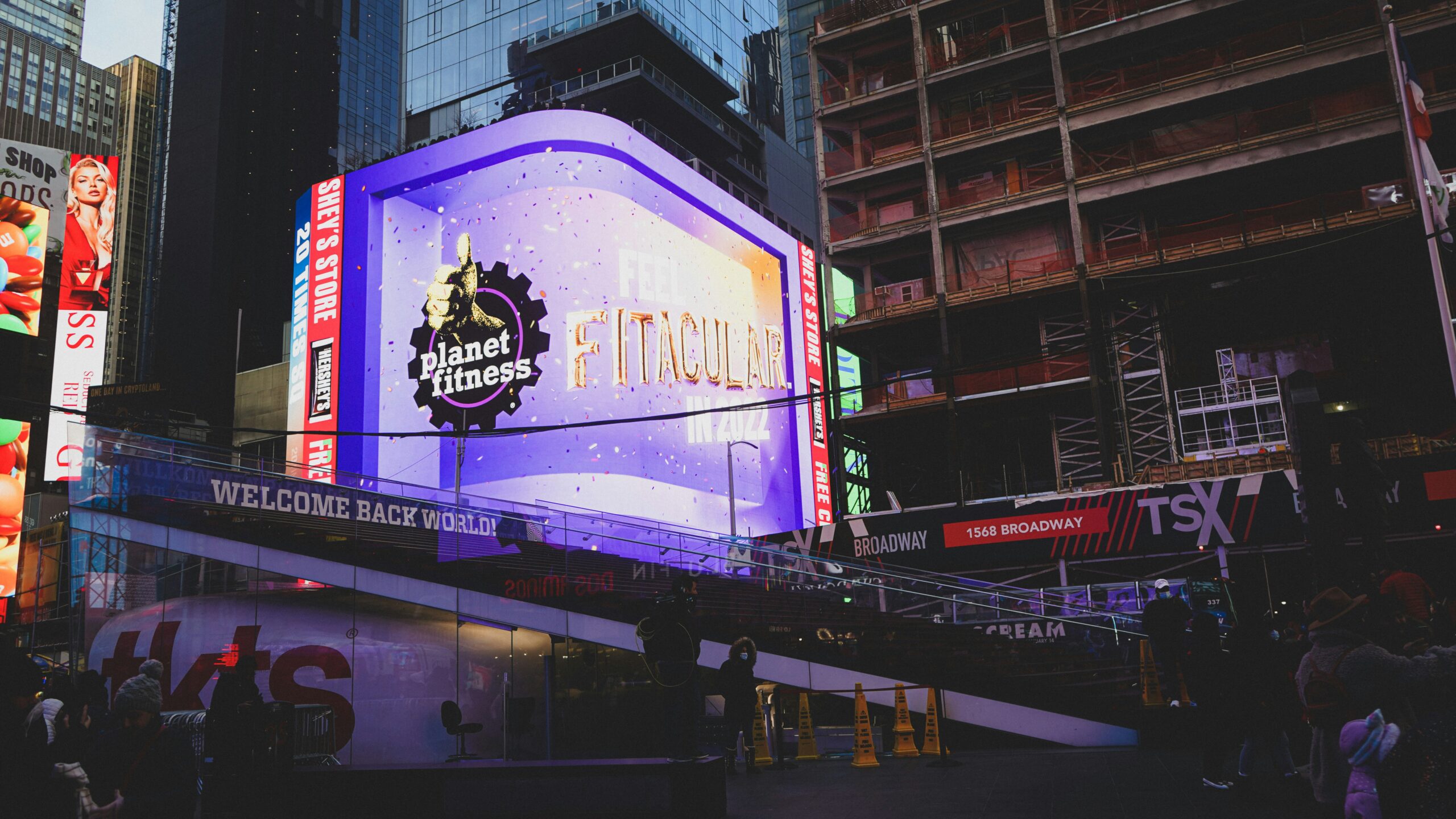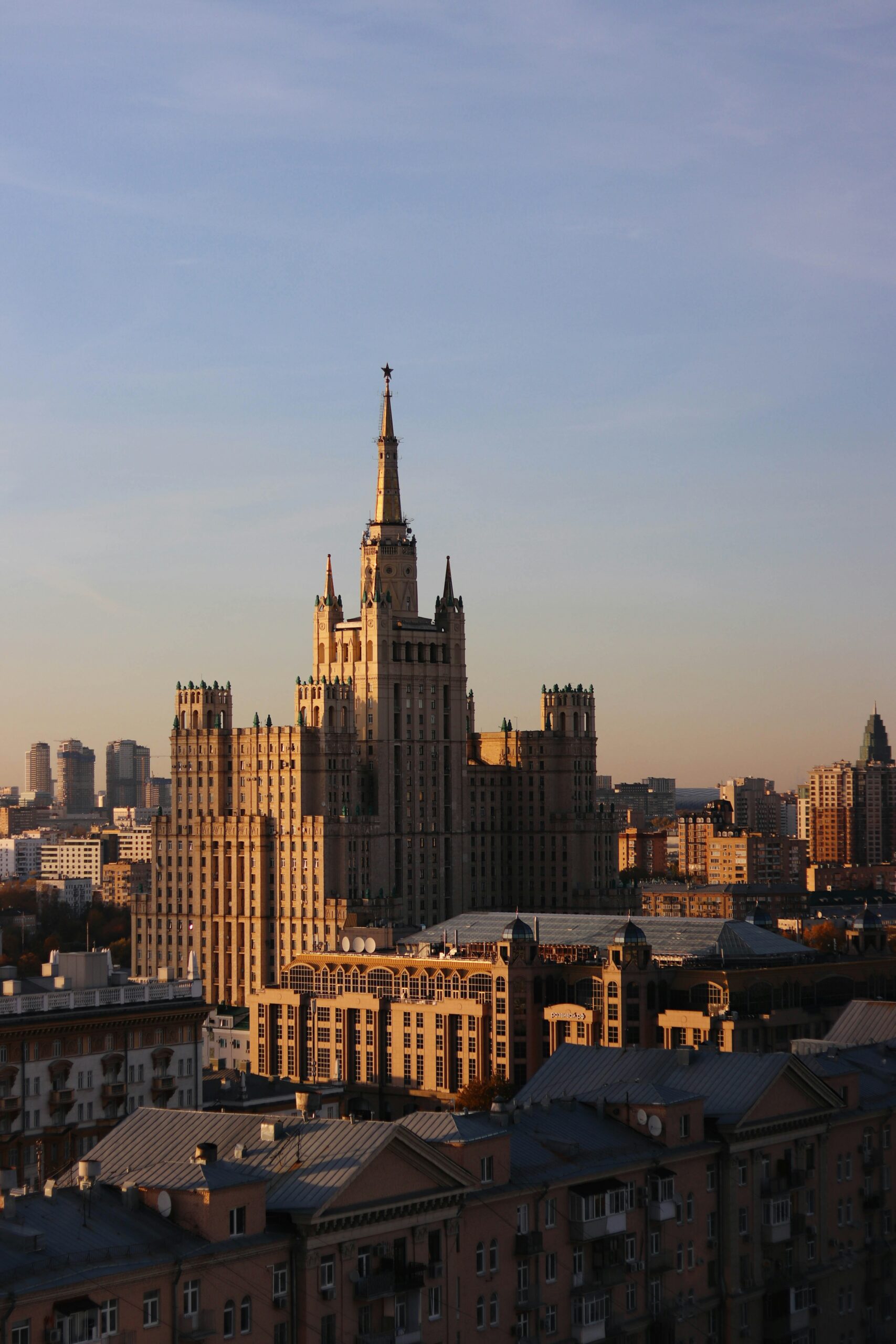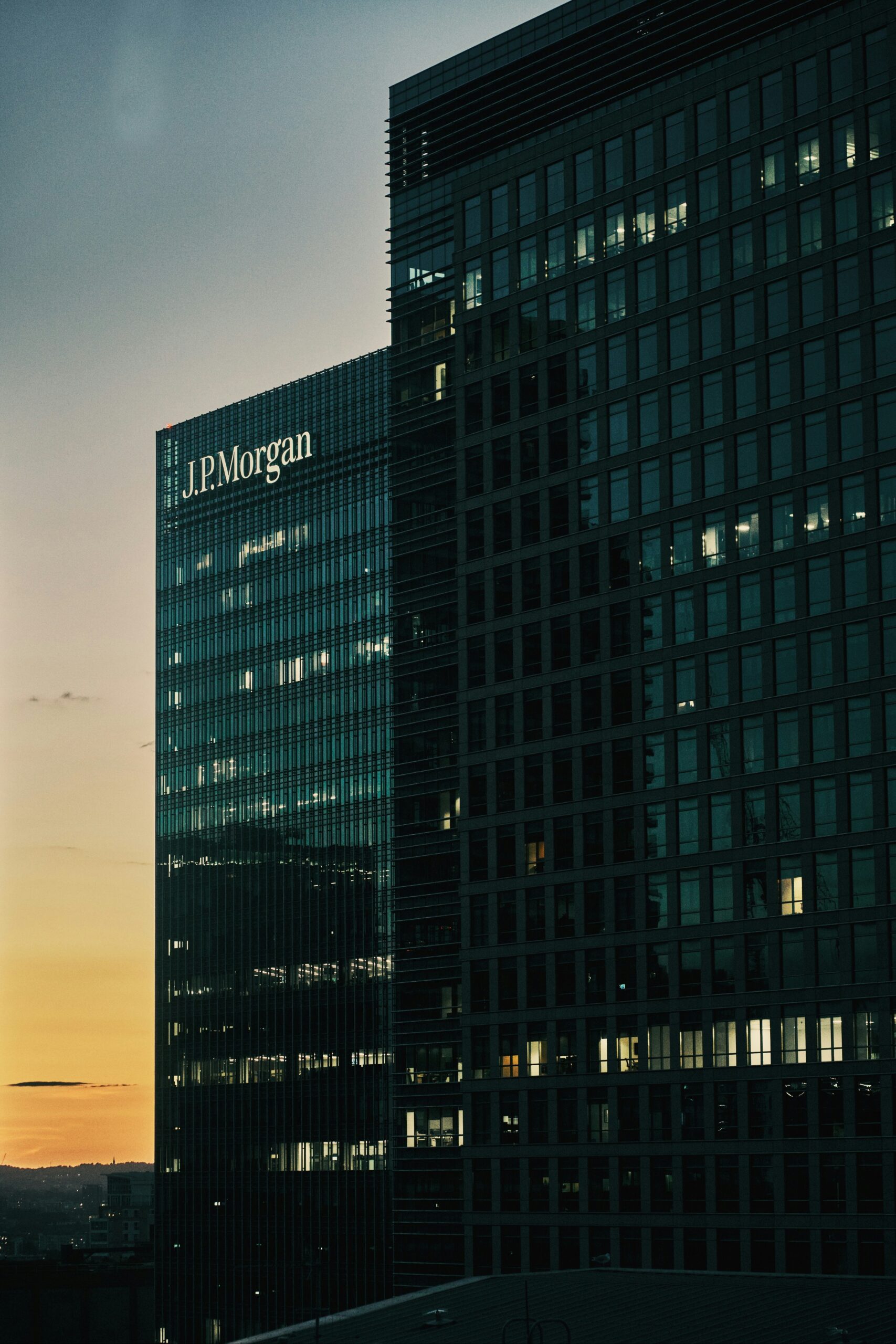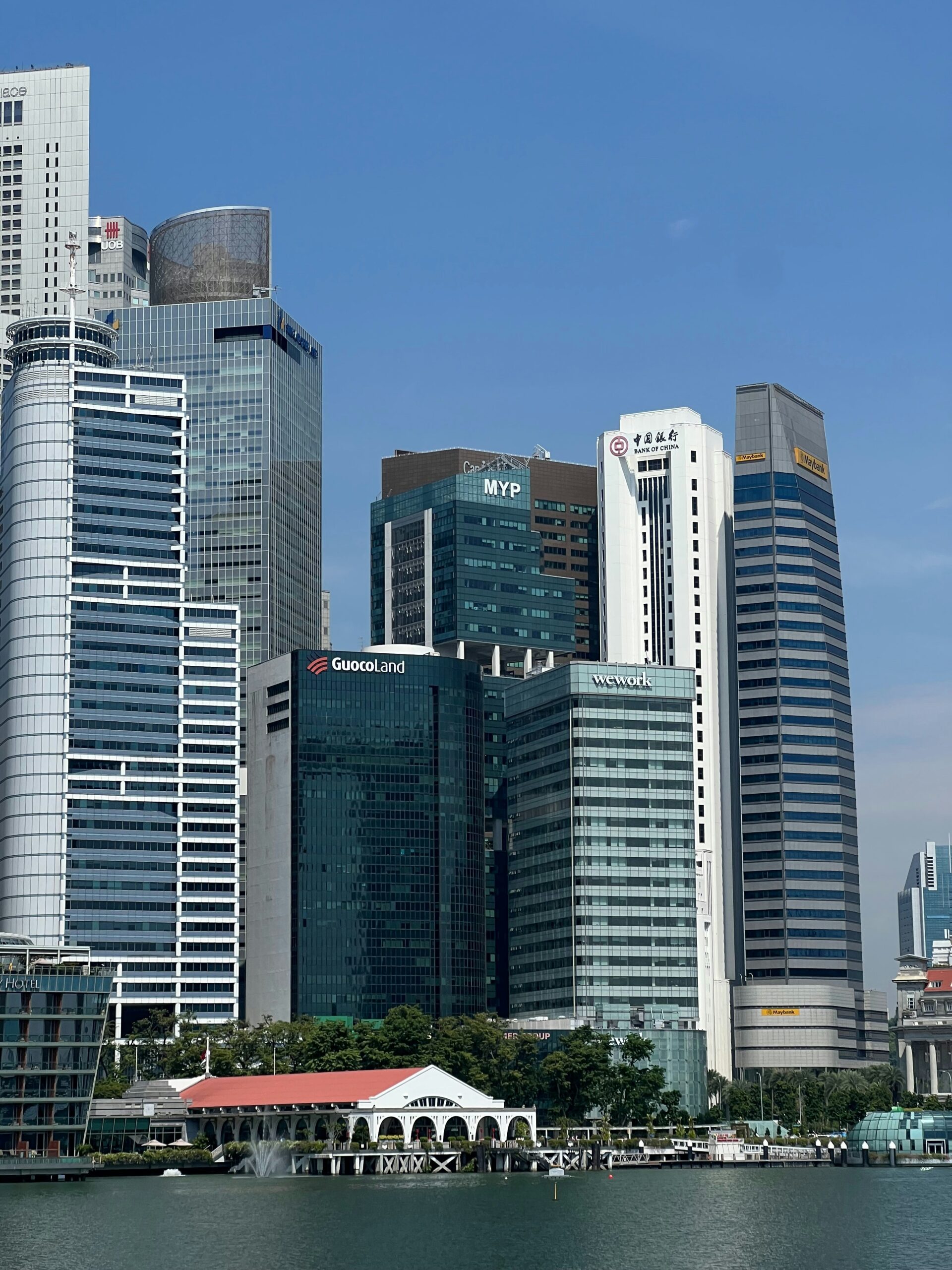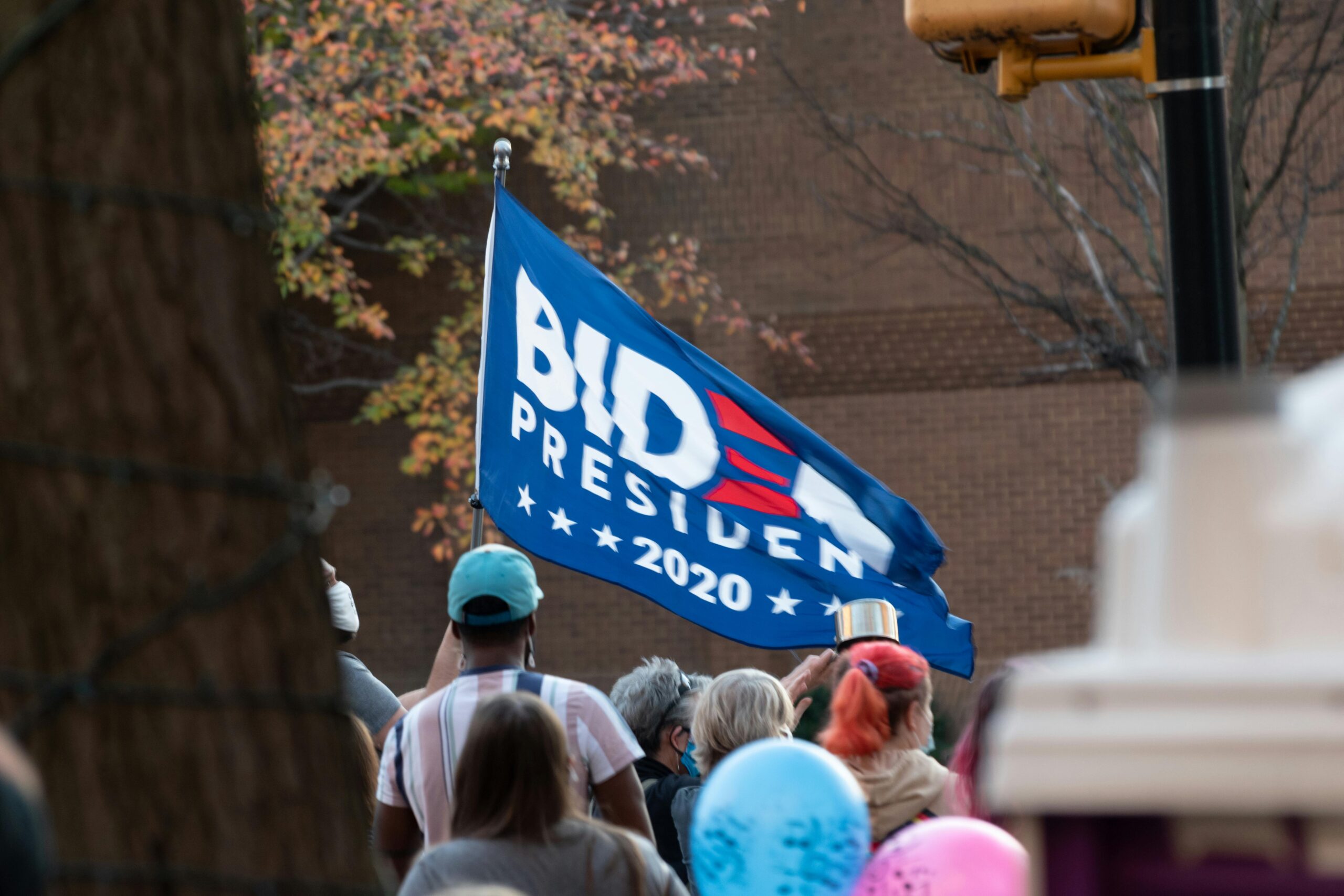Image credit: Unsplash
CEO of Volkswagen Group, Oliver Blume, has issued a stark warning to employees, highlighting the urgent need for decisive measures to sustain the company’s operations. While speaking to the automaker’s Wolfsburg headquarters staff, Blume highlighted the mounting challenges of new aggressive competitors, relentless price pressures, and rising labor costs.
Blume stated, “The current situation is serious,” during his address on December 4.
“New competitors are entering the market with unprecedented force. The price pressure is immense.” He further added, “In addition, our labor costs in Germany have now become too high. That is why urgent measures are needed to secure Volkswagen’s future.”
Blume recognized Volkswagen’s progress in streamlining operations, creating synergies, and enhancing vehicle design and quality. He warned that reduced labor costs and production capacity are now prerequisites for the company’s long-term survival.
Labor Strikes Led to Workforce Tensions
A week before this address, Volkswagen’s labor challenges were revealed when nearly 100,000 employees staged walkouts across nine German factories. They voiced widespread discontent over proposed measures such as a 10% worker pay cut and closing at least three factories. If these changes were implemented, it could result in thousands of layoffs, affecting the already fraught relationship between the management and workforce at Volkswagen.
Daniela Cavallo, leading the Volkswagen work council, has proposed an alternative cost-saving measure to prevent mass layoffs and factory closures. The proposal involves adjusting wages and bonuses, potentially saving €1.5 billion ($1.58 billion).
Negotiations Stall Amid Diverging Opinions
While Blume has nodded at Cavallo’s proposal, he believes it is insufficient to address the company’s broader challenges. Negotiations between worker representatives and Volkswagen management have failed to reach an agreement. The two sides are set to reconvene on December 9, hoping to find a resolution before the end of the year.
Addressing about 20,000 workers in this recent meeting, Cavallo requested the Volkswagen board to reconsider its approach and reject any solution that leads to massive job cuts or factory closures.
Cavallo called for mutual compromise, stressing that the board must temper its demands to achieve a balanced resolution. “We want to bring this to a good end before Christmas,” she added.
Balancing Cost-Cutting With Employee Welfare
Blume’s speech highlights the fine line Volkswagen must walk to come to a solution to achieve financial sustainability without ignoring employee welfare. As the automotive industry struggles to accept transformative changes, including a massive shift toward electric vehicles and increased competition from newer players, Volkswagen is focusing on overcoming these hurdles without alienating its workforce.
Figuring out a solution through negotiations seems challenging, but the outcome is expected to be positive, setting the tone for the company’s future. Workers will remain resolute in defending their livelihoods, while management believes that only substantial cost reductions can ensure the company’s survival.
High Stakes for Germany’s Reputed Automaker
Volkswagen’s situation and the decisions of the company’s management will broadly impact the global automotive industry. Volkswagen is not alone; many traditional players face similar challenges due to shifting consumer preferences.
Quandaries are part of larger rivalries in the classical world of automotive manufacture, where the so-called proven giants face their new competitors. It continues to be the case that the heftiest automaker is the one in Germany. The question, however, is not only for the workforce but also at stake here is the entire landscape of the old industry.
As Germany’s largest automaker, its ability to successfully address the present challenges will significantly impact its workforce and industrial landscape. The company’s decision will have a big impact on the auto industry.
